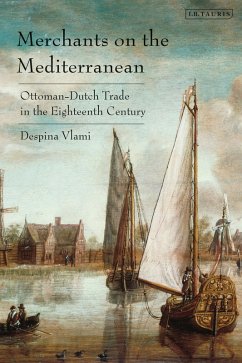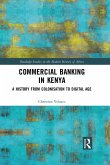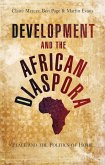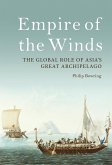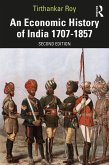How easy and uncomplicated was it for an 18th-century, medium-sized, Ottoman trade company to expand its business in the West? Which kind of resources, in terms of knowledge, information, experience, contacts and capital, could guarantee its successful passage from the business environment of a precapitalist oriental market to that of a major commercial and financial center of western Europe?
Following the venture of the Ottoman Greek merchants Bartholo and Raphael Cardamici, who in the 1760s traded goods between Smyrna, Constantinople and Amsterdam, Despina Vlami investigates various aspects of the organization and strategy necessary for such an important transition. To expand their wholesale trade business to Amsterdam, the Cardamicis chose as their local correspondent an experienced and strong-minded Dutch merchant, Thomas De Vogel. De Vogel's letters addressed to his Ottoman clients reveal the course of their business transactions and the making of their personal relationship. At the same time, they are comprehensive and efficient tutorials on trade business and strategy guiding the Ottoman Greek merchants through the unpredictable and unfamiliar 18th-century international business universe.
Following the venture of the Ottoman Greek merchants Bartholo and Raphael Cardamici, who in the 1760s traded goods between Smyrna, Constantinople and Amsterdam, Despina Vlami investigates various aspects of the organization and strategy necessary for such an important transition. To expand their wholesale trade business to Amsterdam, the Cardamicis chose as their local correspondent an experienced and strong-minded Dutch merchant, Thomas De Vogel. De Vogel's letters addressed to his Ottoman clients reveal the course of their business transactions and the making of their personal relationship. At the same time, they are comprehensive and efficient tutorials on trade business and strategy guiding the Ottoman Greek merchants through the unpredictable and unfamiliar 18th-century international business universe.

